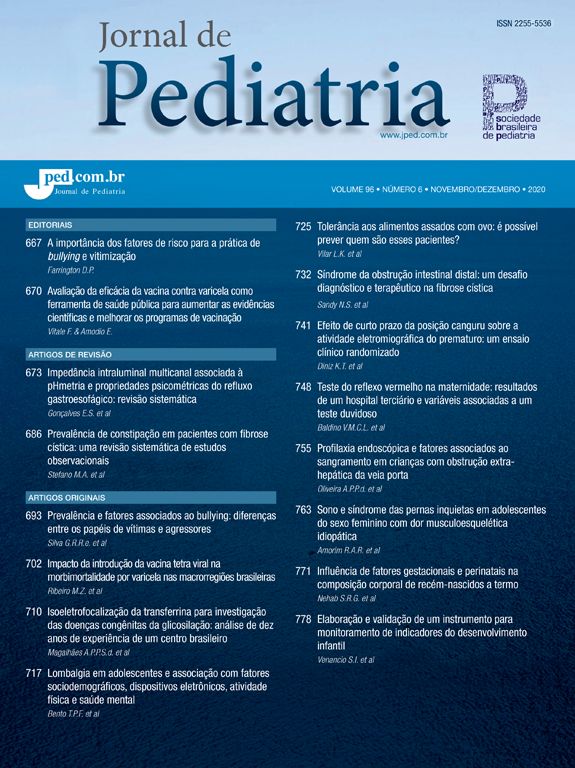que se leu este artigo
| Ano/Mês | Html | Total | |
|---|---|---|---|
| 2025 12 | 61 | 48 | 109 |
| 2025 11 | 99 | 53 | 152 |
| 2025 10 | 95 | 54 | 149 |
| 2025 9 | 58 | 38 | 96 |
| 2025 8 | 56 | 67 | 123 |
| 2025 7 | 41 | 64 | 105 |
| 2025 6 | 50 | 31 | 81 |
| 2025 5 | 46 | 26 | 72 |
| 2025 4 | 39 | 45 | 84 |
| 2025 3 | 39 | 32 | 71 |
| 2025 2 | 26 | 25 | 51 |
| 2025 1 | 18 | 28 | 46 |
| 2024 12 | 31 | 45 | 76 |
| 2024 11 | 21 | 36 | 57 |
| 2024 10 | 27 | 37 | 64 |
| 2024 9 | 25 | 84 | 109 |
| 2024 8 | 28 | 57 | 85 |
| 2024 7 | 22 | 69 | 91 |
| 2024 6 | 17 | 47 | 64 |
| 2024 5 | 17 | 49 | 66 |
| 2024 4 | 18 | 49 | 67 |
| 2024 3 | 15 | 38 | 53 |
| 2024 2 | 23 | 29 | 52 |
| 2024 1 | 19 | 25 | 44 |
| 2023 12 | 10 | 41 | 51 |
| 2023 11 | 21 | 66 | 87 |
| 2023 10 | 18 | 58 | 76 |
| 2023 9 | 18 | 50 | 68 |
| 2023 8 | 14 | 31 | 45 |
| 2023 7 | 16 | 23 | 39 |
| 2023 6 | 13 | 28 | 41 |
| 2023 5 | 12 | 41 | 53 |
| 2023 4 | 16 | 105 | 121 |
| 2023 3 | 12 | 34 | 46 |
| 2023 2 | 15 | 42 | 57 |
| 2023 1 | 12 | 52 | 64 |
| 2022 12 | 14 | 48 | 62 |
| 2022 11 | 19 | 69 | 88 |
| 2022 10 | 20 | 79 | 99 |
| 2022 9 | 18 | 63 | 81 |
| 2022 8 | 21 | 84 | 105 |
| 2022 7 | 18 | 57 | 75 |
| 2022 6 | 13 | 71 | 84 |
| 2022 5 | 15 | 82 | 97 |
| 2022 4 | 14 | 65 | 79 |
| 2022 3 | 14 | 53 | 67 |
| 2022 2 | 7 | 28 | 35 |
| 2021 1 | 4 | 13 | 17 |








